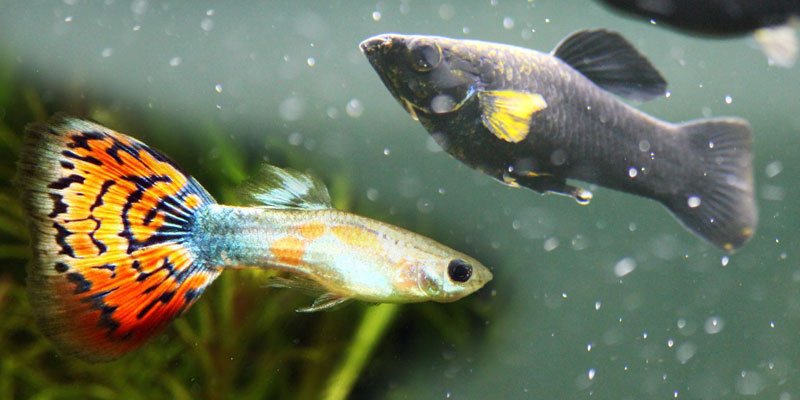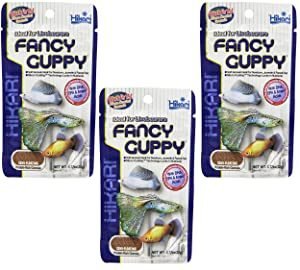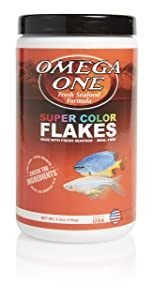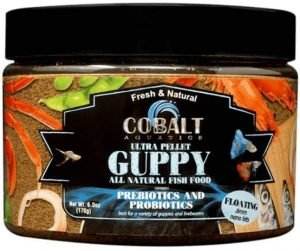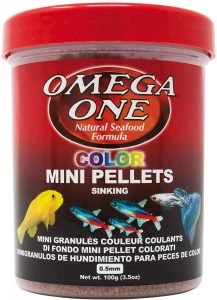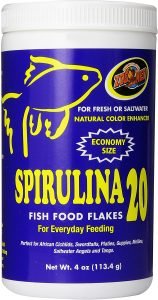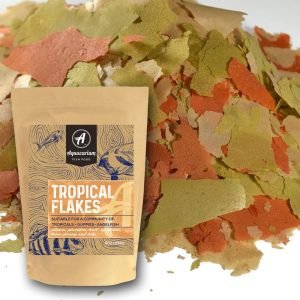Guppies are tropical fish that live in warm waters in nature. In a home aquarium, Guppies flower more efficiently when the room temperature is controlled. In this article, I cover the water temperature requirements for Guppy fish, whether they need a heater or not. Let’s start Detailed guide about Guppy Temperature.
Water Temperature Range For Guppies
Guppies are incredibly cute and hardy aquarium fish, but they need certain things to survive like all animals. The main thing to take into account is the water temperature. Let’s look at fish as a whole and cover the necessary basic facts. The proper water temperature range for Guppies should be between 74 and 82 F. We’ll discuss everything you need to know about water temperature for guppies and other vital issues. We will also discuss how to heat water to the right temperature and solve possible problems.
Do guppies need a heater?
Guppy (Poecilia reticulata) is a warm water fish. During breeding, guppies prefer cooler temperatures around 74 F. As with all aquatic animals, your aquarium must have a constant temperature. Thus, the use of a heater is necessary. The heater controls the temperature in the aquarium. There is always a problem with monitoring or adjusting the water temperature manually. Your guppies will be affected whenever temperatures fluctuate. Fluctuating temperatures cause a drop in the fish’s immune system, making them more prone to disease. In the case of Guppies, some illnesses can be challenging to treat, so it’s best to avoid them.
About the Guppy Fish
Guppy is generally considered tropical fish as they live in places like Venezuela and Trinidad. The male is a very colorful fish. These fish do very well in a 5 to 10-gallon community tank. Guppies are easily fed; they will eat anything they put in their mouth. Guppies do well in waters with medium hardness and relatively neutral pH around 7.0. A good filtration system and some water changes are essential to keep these guys happy and healthy, and yes, they need a heater.
Can you keep guppies in the outside pond?
You can keep your guppies in an outdoor lake with temperatures between 60 and 65°F. A heating unit is another solution you can have to keep your tank water warm. Using an external tank heater is not easy or economical.
What type of heaters can I use to heat my tank?
When it comes to heaters, a tank can have four basic types. Submersible heaters have the best features for a starting point. This includes hanging submersible heater, subsurface heater, and filter heater. Before buying heaters, the hobbyist must understand the pros and cons. The best heater is reasonably cheap and easy to install. The size of your guppy tank determines the force of your heater; use between 2.5 and 5 watts per gallon of actual water volume in the aquarium.
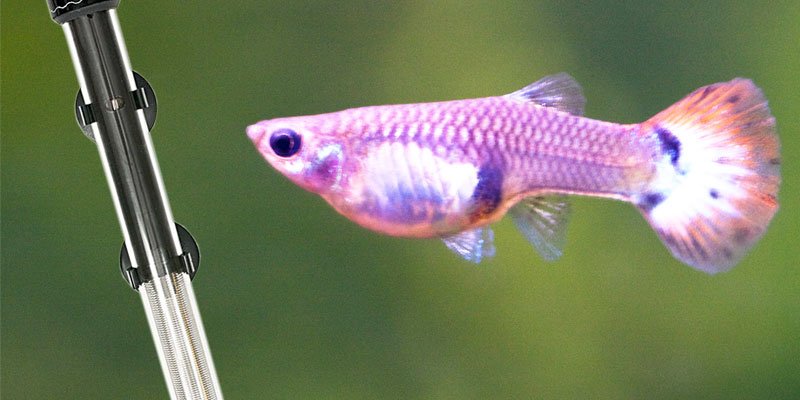
Submersible heater
Submersible heaters are placed under the water lines. Vertical and horizontal placements are considered the best as they allow the thermostat to determine the correct temperature; suction cups are used to secure the heater to your aquarium. Glass submersibles can be fragile and require more careful handling unlike plastic submersible heaters. They can be placed vertically, horizontally, and at any angle.
Do I need a spare aquarium heater?
Your Guppy doesn’t stand a chance in frozen water, so the fish must warm it up to survive. Spare heaters will make it easier to replace heating components if the equipment fails; it is advisable to have an extra one.
Substrate heater
A substrate heater is best suited for heating your tank if it contains live plants as it keeps the substrate warm. Substrate heaters have a resistor attached under the substrate that keeps the water warm and stable. Unlike the submersible, the heat from the substrate heater increases evenly while reducing the visual clutter of the display. If you need to change this type of heater, the tank must be disassembled; this discourages many from using it.
Filter heater
Filter heaters are suitable for large aquarium aquariums. Filter heaters are unique because they’re invisible.
Tell me the lowest water temperature that guppies can tolerate?
The ideal water temperature for guppies is 74°F to 82°F. They can survive if the temperature drops to 60°F. Guppies are tropical fish that bloom at warmer temperatures. A sudden change in water temperature translates to an unhealthy immune system, lethargy, and reproductive problems in fish. When the temperature drops below 60°F, the Guppies may not survive.
Tell me the lifespan of a Guppie?
They can survive in captivity for between 2 and 3 years. The best examples of factors that affect your Guppy’s chances of being healthy are temperature, water quality, and fish care.
Related Questions
The process in which bacteria convert ammonia to nitrite and finally to nitrate is known as the nitrogen cycle. Ammonia and nitrite can be toxic to fish. Guppies are lovely and easy to care for fish. They don’t require large spaces, so you can order a small aquarium to start with. You can breed animals for the market because their reproduction rate can be extremely fast.
How do I check my tank?
The most effective part of aquarium management is to carry out constant water changes. The water must be changed periodically every week at the very least. Your goal when cleaning the pond is to regulate the nitrogen cycle, replenish essential nutrients and minerals, and eliminate the dissolved parts of pollutants.
Ideal water temperature for guppies
Fish should be kept in temperature ranges between 70 to 82°F. Lower or higher than this opens up the possibility of a health problem. If the guppies can’t get warm, they’ll get sick.
What happens when the temperature is outside the range?
You need to know what will happen to your guppies if their tank is within or below the recommended temperature range. The first thing to remember is that Guppy is a tropical fish. They are native to warm waters. Otherwise, something else will happen if the tank is not at the correct temperature. The ideal temperature is the guppy temperature aquarium level, so be sure to use a water heater and thermometer to monitor and control the tank’s temperature.
When the temperature is higher
With a water temperature over 82° Fahrenheit, it is declared dangerously hot for the guppies. If temperatures are too high, this can lead to less available oxygen loading in the water and a shorter lifespan for fish.
Shorter life span
Fish will have a lower life expectancy in warmer waters than under ideal water temperatures. The high water temperature causes some problems, such as low oxygen availability.
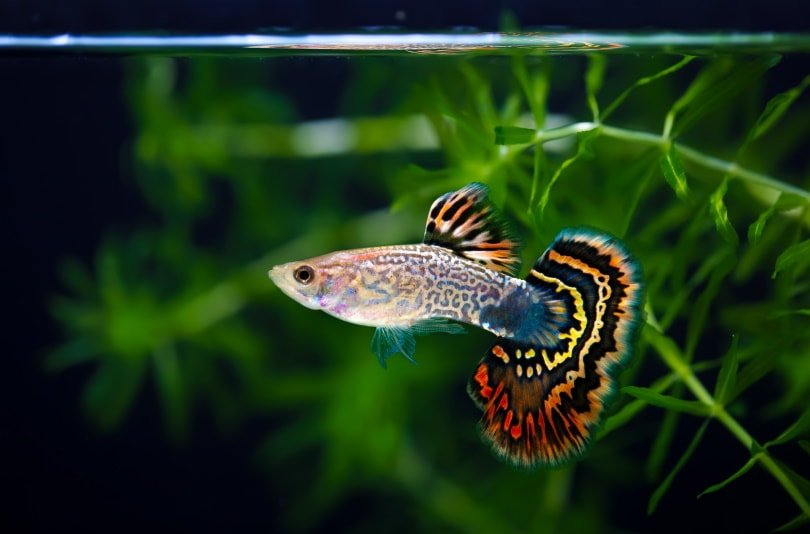
When the temperature is lower
Fry can handle temperatures below 70 F better than adults. Many difficulties can be caused by the temperature being below recommended levels. In addition to slowing the growth rate, the low temperature can also leave the fish lethargic at the bottom of the aquarium and swimming slowly.
Slow growth rate
Slow growth rates are one of the things that happen to fish kept in low temperatures. Guppies are stunning and colorful fish as adults. If this growth delay occurs, the temperature must be adjusted significantly if the fingerlings grow faster in other tanks.
Less activity
Fish like guppies are cold-blooded, so they require some external heat source to keep them warm. If they’re cold, they won’t be as active as when things were warmer and more comfortable. This could mean that the fish will die.
Increase in diseases
Therefore, to ensure the healthy growth of the fish, you must always keep the water temperature constant and ideal. Guppies are hardy fish, but they usually get the disease when the water is too hot or cold or fluctuates. Diseases can infect your entire aquarium – causing all your fish to suffer and potentially killing them.
Not enough oxygen problem
The hotter the water, the less oxygen is available and the more likely they are to suffocate. Guppy fish need oxygen to stay healthy and active. Very hot water is usually the cause that most Guppy fish are killed inside beginner aquarium tanks. When the water is too warm, the principal problem is lacking oxygen in the water. You’d like to place a spray bar in the filter output where an air agitation reaction might be on the water surface. To cool down a Guppie tank, the most popular and affordable method is an aquarium fan. This aquarium fan has a 2-speed control system that promotes cooling by 1 or 2 degrees Fahrenheit.
Breeding issues
They aren’t likely to breed, and Guppy fry can’t survive in very cold or hot water. It’s because of the low energy they have when confined to cold water. It is necessary to obtain a suitable temperature for breeding conditions.
Keep it with fish with the same water temperature range.
Keep Guppies with tank mates that live in the same temperature range so you won’t have future problems with fish exposed to high or low temperatures. Temperature is necessary for a Guppy fish to survive in the best water conditions and to reproduce correctly.
What is a suitable temperature for guppies to breed?
The water temperature should be around 77 degrees Fahrenheit. When breeding, try to use the same temperature as usual in your aquarium. Fingerlings must thrive for breeding success; this can only be achieved with the correct and stable temperature; higher temperatures lead to faster growth, and lower temperatures lead to slower growth, both of which are not desirable when breeding fish. Everything must be sized correctly.
Points to remember
If kept in cold water, Guppies in domestic aquariums will face other illnesses, such as behavioral difficulties in reproduction and growth, and suffer slowly and silently. It would be best if you did not expose them to unwanted temperatures. Therefore, keeping them in warm water without variations is the best way to provide them with a suitable habitat for optimal growth. Exposure to irregular water temperature can be fatal.
Conclusion
The quality aquarium heater will help keep the water temperature stable and between 72 and 82 degrees Fahrenheit. Guppies live in warmer waters. The maximum temperature that can be maintained is 84°F; that temperature is used mainly for therapeutic purposes. Check that the guppy temperature and other water parameters match that of fish in a community aquarium. I hope this article answers your questions about guppy temperature requirements and has given you some ideas of other fish that also like warm water. When choosing a fish for your community aquarium, make sure they match each other.

